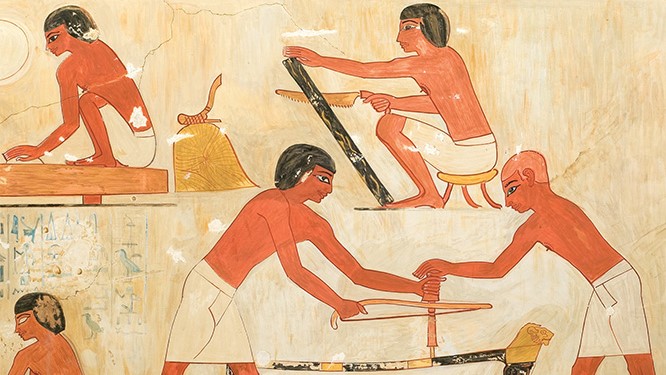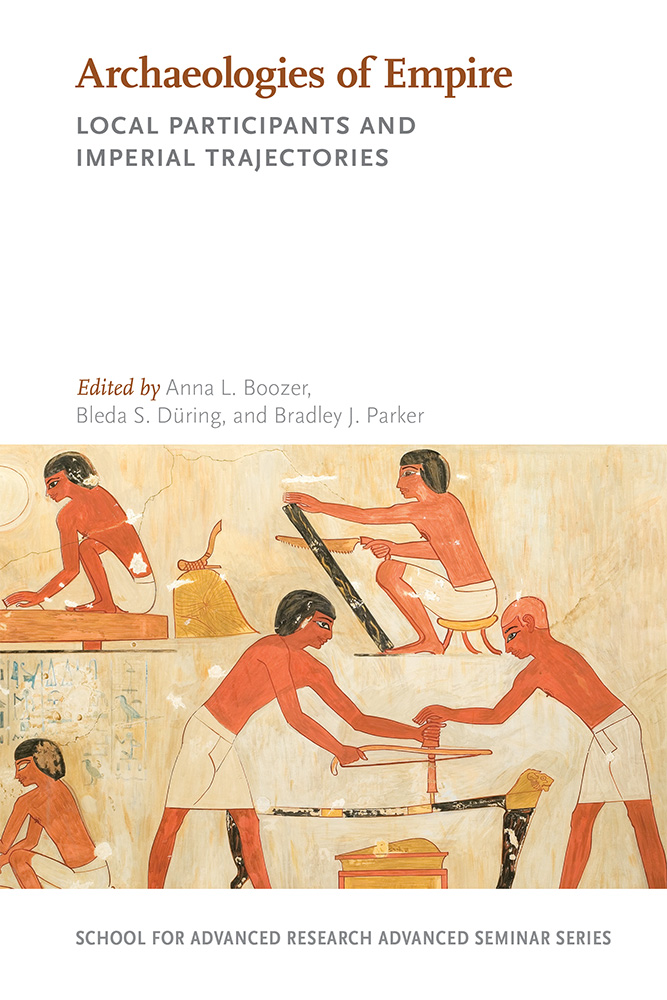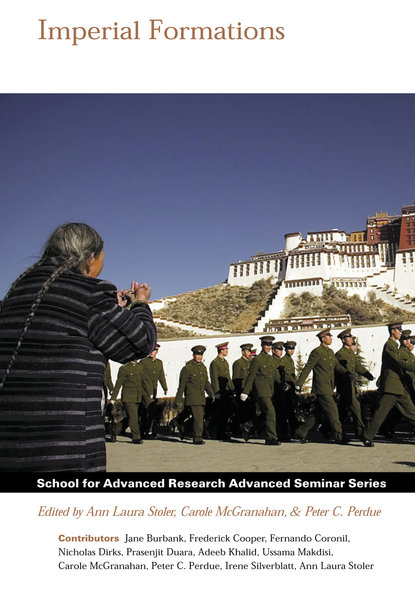Empires have profoundly shaped societies around the world for thousands of years. Yet scholarship often portrays imperialism as the result of Western colonial expansion, made possible by European technological superiority and the birth of global capitalism. This book demonstrates that empires both ancient and colonial have roots that reach across the globe and the millennia, and imperial participants, not technological or military advantages, are what make these empires both dynamic and enduring.
—Anna L. Boozer and Bleda S. Düring
Although scholars do not always agree on when and where the roots of imperialism lie, most would agree that empires have affected human history so profoundly that their legacy continues to influence the modern world. To celebrate the publication of SAR Press’s most recent Advanced Seminar volume, Archaeologies of Empire, we have brought together editors of this book and our previously published Imperial Formations (2007) to discuss new insights and intersections in their work.
In Archaeologies of Empire, Anna Boozer, Bleda Düring, and the late Bradley Parker focus on the heterogeneity and agency of the ordinary people who were part of these dynamic societies—a perspective made possible by the contributors’ archaeological expertise, which has enabled them to look beyond texts and other evidence created by and focused on (usually male) elites. “Archaeology can highlight the lives of people who neither wrote nor were the subjects of historical texts. In this sense, archaeology enables the subaltern to speak—something that is in most cases impossible on the basis of historical documents. Archaeologists can recover the things people did not want to or think to write about, as well as those they could not record.”
What can we learn from studying empires from the ground up, and what do ancient empires teach us about our world today? Join us on Tuesday, December 1, at 10 a.m. (MST) to take part in the conversation.
Empires may be “things,” but imperial formations are not. Imperial formations are polities of dislocation, processes of dispersion, appropriation, and displacement. They are dependent on both moving categories and populations. Not least, they are dependent on material and discursive postponements and deferrals. . . . Imperial formations are not steady states, but states of becoming.
—Ann Laura Stoler and Carole McGranahan, Imperial Formations
Anna L. Boozer (co-editor of Archaeologies of Empire) is an associate professor of Roman Mediterranean archaeology and history at Baruch College and the Graduate Center, City University of New York. Her research focuses on the dynamics of imperialism in everyday life, houses and households, intersectionality, and urbanism in Roman Egypt and Meroitic Sudan.
Bleda S. Düring (co-editor of Archaeologies of Empire) is an associate professor in Near Eastern archaeology at Leiden University. His research focuses on the archaeology of the early Assyrian Empire and the comparative archaeology of empire.
Peter C. Perdue (co-editor of Imperial Formations) is a professor of history at Yale University. His current research focuses on Chinese frontiers, Chinese environmental history, and the history of tea.


